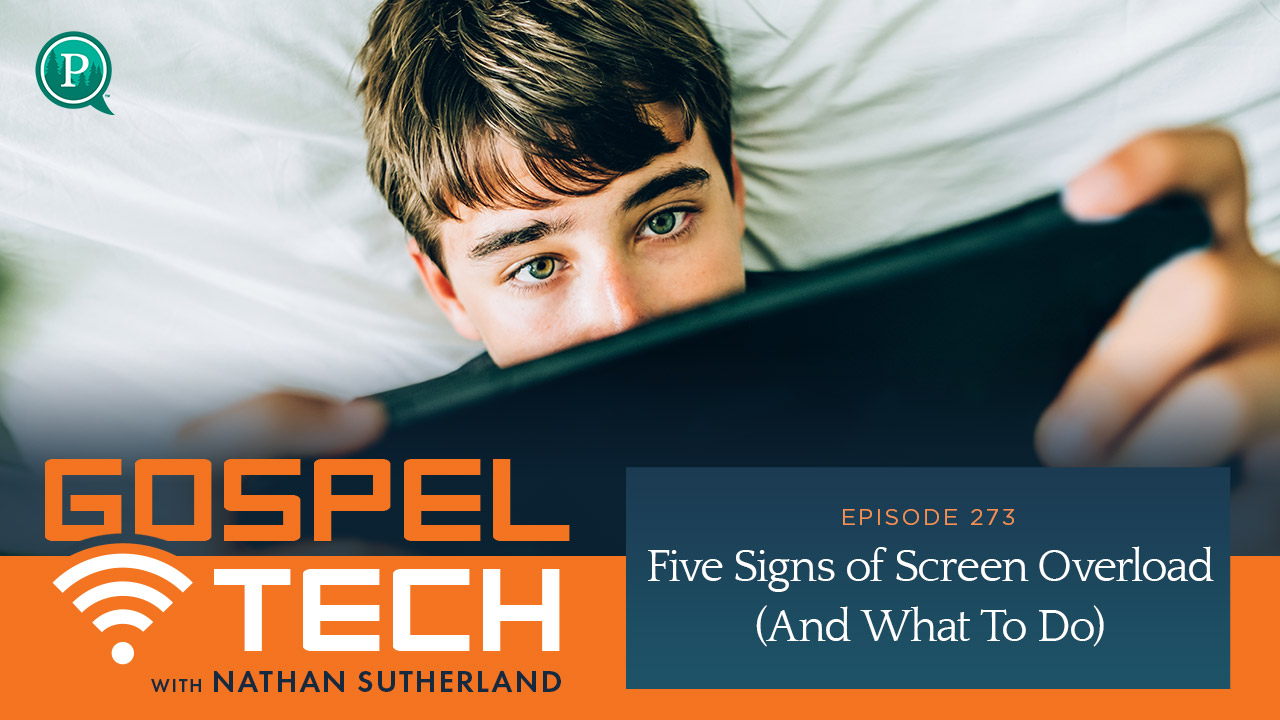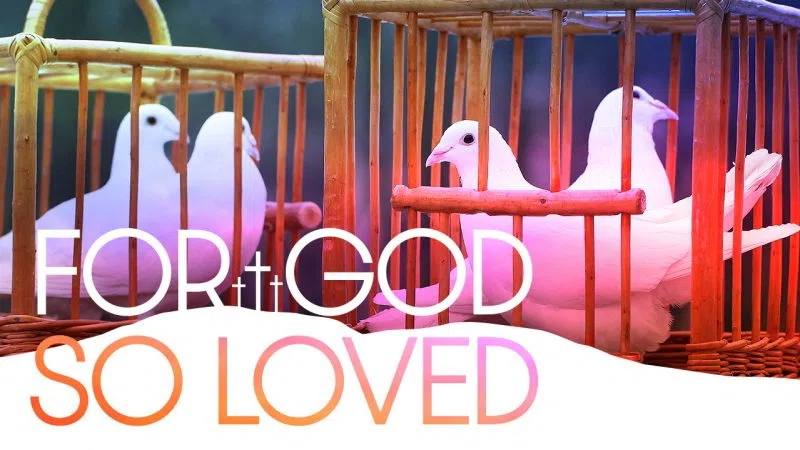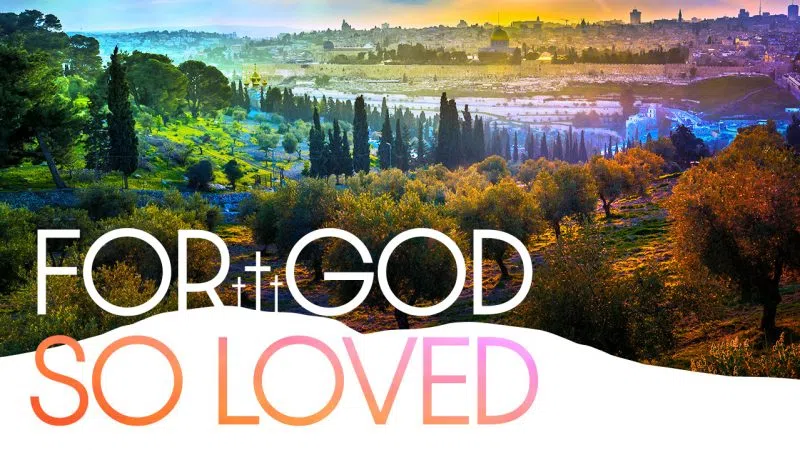As a teenager stationed in Europe with my military family, I took a trip with my class to a near-by cavern. Our group followed the guide down narrow stone steps that ended in a room deep within the caverns. After a few words in German that I didn’t understand, one of the park guides turned out all the artificial lights and the room was plunged into total darkness. I could not even see my hand in front of my face. For a moment I was overcome by a sense of desperation and fear. In the pitch black I lost all orientation; I had no idea where the exit was, or where anyone else was. I wasn’t even sure where I was! If my friend had not grabbed my hand, I would have thought myself completely alone. After just about a minute – which seemed to be an hour – the guide in the center of the room lit one small match. With a single flickering flame, the darkness was overcome. I was so grateful for that little light, and even more so when the room lights were switched back on.
From the first day of creation, the Creator determined that darkness should not overcome light: “God said, ‘Let there be light,’ and there was light. God saw that the light was good and He separated the light from the darkness” (Gen. 1:3-4). He created the sun, moon and stars on the fourth day “to separate light from darkness” (v. 18). He made a perfect world where light reigned over darkness, but Adam and Eve plunged the world into the blackness of sin, and ever since we have been disoriented in spiritual darkness. Rather than the sun and moon and stars, we try to navigate by a distorted “light.” So God sent His Son Jesus to be “the Light of the world” (John 8:12). His light overcame the darkness of sin and evil.
In both his Gospel and his letters John, the Apostle of Jesus, declared the power of God to not just dispel darkness but to completely overcome the darkness. He wrote: “In Him was life, and that life was the light of men. The light shines in the darkness, but the darkness has not overcome it” (John 1:4-5). He repeats the same thought later saying, “This is the message we have heard from Him and declare to you: God is light; in Him there is no darkness at all” (1 John 1:5). We can be thankful for the light of God through Jesus Christ.
We still live in a dark world. Sin and evil still hold sway over humanity and even over the physical world.[1] You hear it in the news every day. You see it in your own community. Our lives are personally affected by it. It would be so easy to give in to despair. But we are called to lives of thankfulness. How can we be thankful in the darkness? Because God’s light – the light of life – continues to overcome the dark. John assures us – “The darkness is passing and the true light is already shining” (1 John 2:8). The true light of God is a reality in this dark world – it’s not on its way, it is already shining.” That is something to be thankful for!
Wherever the Gospel story is told, God’s light is rescuing men out of the darkness. Wherever holy love – sancta caritas – is seen and felt, God’s love overcomes the blackness of hate and sin. When a saint bends a knee to pray, the light of hope pierces through the gloom. When we care for one another in the name of Christ, the Light of the World becomes a lighthouse in the darkest storm. You see, darkness is nothing more than the absence of light, but where there is even the smallest light – like a tiny flame in the blackness of a cave – darkness has lost its power.
God has not left us in this dark world alone, a truth for which we can be exceedingly grateful. He has provided light through His Son. He has also tasked us to carry His light into darkness. Jesus declared, “You are the light of the world. . . let your light shine before men, that they may see your good deeds and praise your father in heaven” (Matthew 5:14, 16). The Light of the World has called us to be His lights in the world. As we give thanks to God for His overcoming Light, let us hold high the flame of holy love so it can be seen by those who are lost in the darkness. May you and I illuminate the way to the Light and Love of God.
***
About the Author: Beth Andrews is a Bible teacher, writer, speaker and recent seminary graduate. She and her family live in Tuscaloosa, Alabama where she currently works in the utility industry. Beth writes a devotional blog called Deeper Roots at https://dbethandrews.wordpress.com.
[1] Romans 8:19-22












